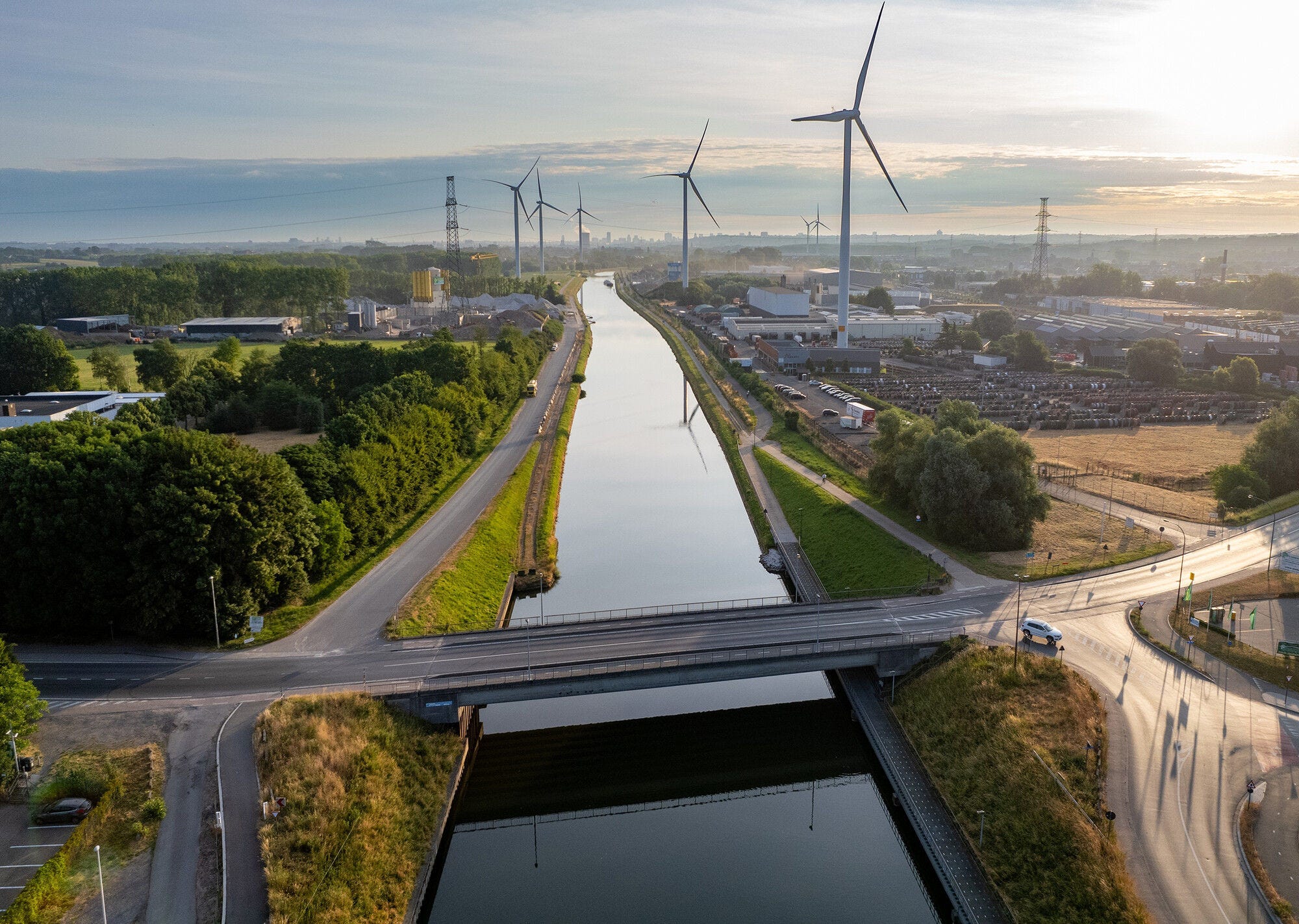Since the collapse of the Soviet Union, the countries of Eastern Europe, the Caucasus and Central Asia (EECCA)1 have been undergoing profound changes, while pursuing their transformation towards market economies and democratic societies. On average, the region had maintained relatively good economic growth rates over the past two decades (3.4 % on annual average from 2001 to 2021). However, various external and internal shocks, such as the global financial crisis in the late 2000s, drops in commodity prices and political instability, have affected economic growth rates.
The most recent shocks have been the COVID-19 pandemic, and Russia’s large-scale aggression against Ukraine. The impact of COVID-19 pushed down gross domestic product (GDP) growth rates by 5-13 percentage points across all EECCA countries in 2020. Despite signs of improvement shown for 2022, the war in Ukraine has led the countries to a significant recession.
EECCA countries have also been on long journeys to pursue economic development that is environmentally sustainable. All EECCA countries have adopted the 2030 Agenda for Sustainable Development and the Paris Agreement and translated them into national strategies and policies. The countries have introduced a number of policies, instruments and approaches that strengthened environmental protection and laid the ground for a greener economy. To finance required actions, many EECCA countries have mobilised domestic and international finance, and begun aligning the policy objectives of financial-sector development with their national climate and environmental targets.
Several indicators have shown signs of progress in resource productivity and environmental quality in the region. Yet, the pace of progress towards a green economy has not been fast enough. For example, the regions’ CO2 and energy productivity is much lower than the EU averages. Exposure of the population to fine particulate matter (PM2.5) remains high with associated premature deaths due to PM2.5 pollution.
Political instability or on-going conflicts have stifle policy reforms and implementation in the EECCA countries. Tackling those challenges go beyond the remit of environmental governance. Further, reform of many environmental policies in the region has been slow and many of them rely on administrative and regulatory instruments that are often still based on the Soviet approaches. Insufficient economic incentives fail to stimulate innovation and business models for greener production and consumption. High cost of capital, inefficient use of domestic public finance, direct and indirect subsidies to environmentally harmful activities or lack of good quality green investment projects are also important challenges.













